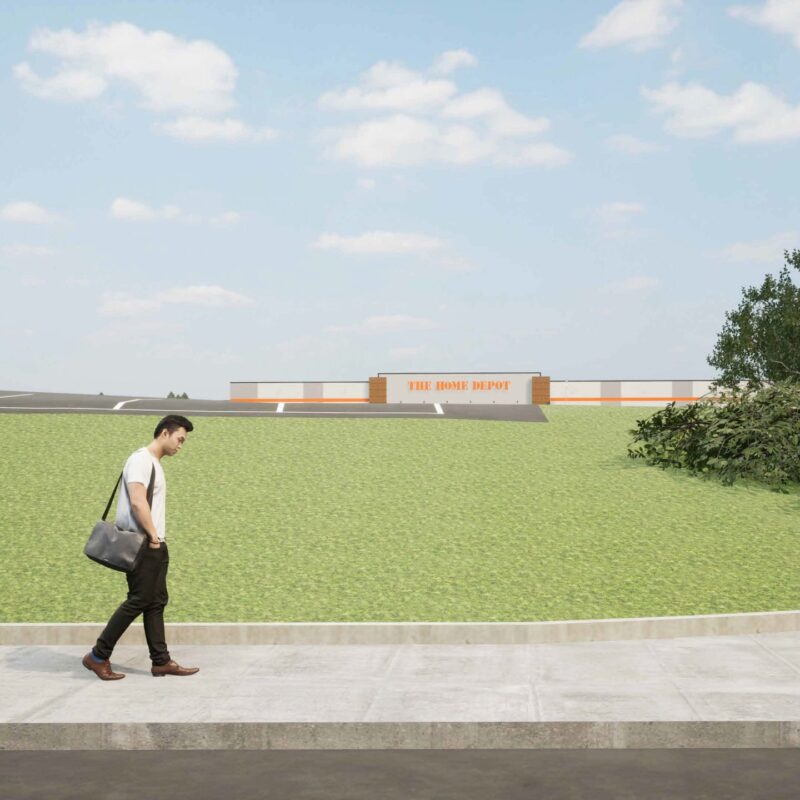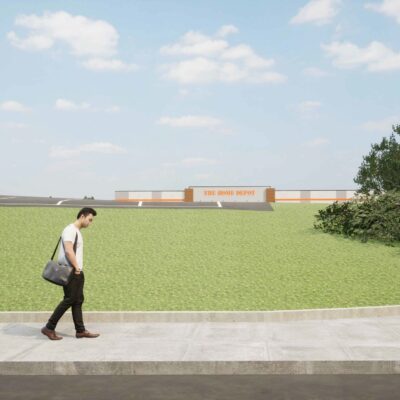The fight over the Virginia City plant isn’t the only bad environmental PR Dominion’s recently endured. In Northern Virginia, residents fiercely opposed the 500-kilovolt TrAIL line between Meadow Brook and Loudoun, though it did end up receiving state approval in 2008. Actor Robert Duvall, a Fauquier resident, lent his name to the fight, but neither star power nor the Piedmont Environmental Council’s appeal to the state Supreme Court could stop the project. The TrAIL line is now under construction between Meadow Brook and Loudoun and is slated to be in service by June 1, 2011.
Meanwhile, the company faces two lawsuits from residents of several neighborhoods in Chesapeake, Virginia, because of 1.5 million tons of coal ash Dominion provided for use as fill under a nearby golf course. Coal ash contains heavy metals; it’s a waste product of burning coal, and presents a disposal challenge for coal-fired plants. (One solution—storing the ash in ponds—met with high-profile disaster in December 2008, when an ash pond in Kingston, Tennessee, owned by the Tennessee Valley Authority, broke open and released 2.6 million cubic yards of coal sludge, damaging 12 homes.)
In Chesapeake, city tests showed high levels of arsenic and lead in the water under the golf course, and residents are worried about their drinking wells. One suit seeks $1.25 billion to clean up the site and bring in municipal water and sewer service; the other seeks $1 billion. Though Dominion maintains it did nothing wrong and asked a judge to dismiss both suits, residents claim that the company disguised the hazardous nature of the material, telling local officials it was “safe as dirt.”
Dominion also faces a federal suit over violations of smokestack emissions limits at its Salem Harbor Power Plant in Marblehead, Massachusetts. The emissions limits are not those of the 1970 federal Clean Air Act, but much looser “grandfather” limits that apply to older plants. Still, plant records show that Dominion violated them 286 times between 2005 and 2009.





